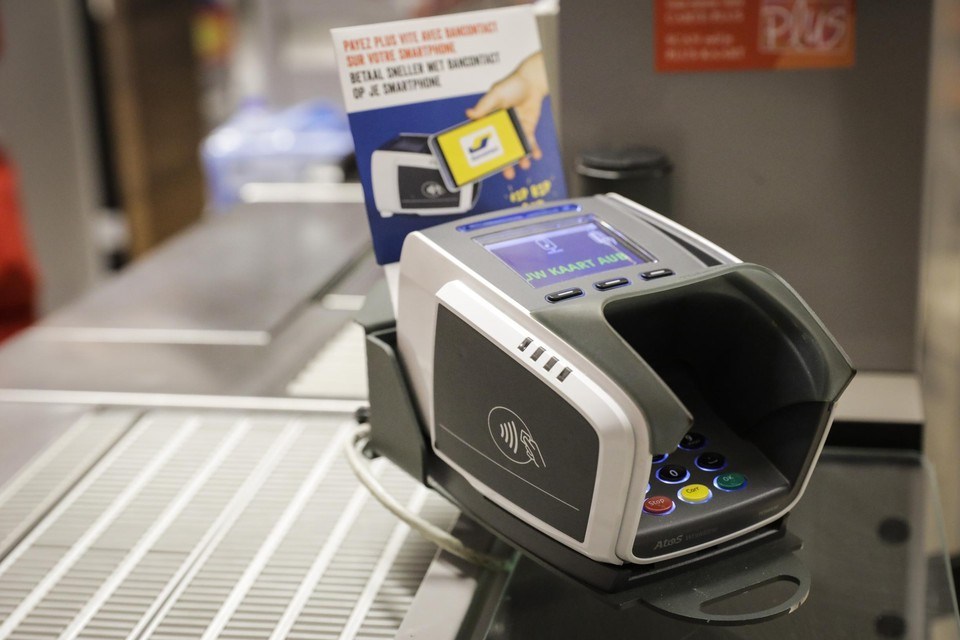All commercial establishments in Belgium must allow electronic payment by 1 July 2022 as part of the action plan against fraud introduced by the Government in spring of this year.
While the proposal by Finance Minister Vincent Van Peteghem has been written into law, a fiscal support package for the retail trade has not, De Tijd reports.
Cash payments aren’t banned, but customers must always be able to pay digitally. Merchants must offer at least one form of digital payment but can choose which, meaning it needn’t be a bank card but could instead be a payment app like Payconiq.
Minister Van Peteghem already arranged for financial support for businesses during the Covid-19 pandemic, in part to help them purchase equipment needed to allow for electronic payments.
One reason for the switch to electronic payments during the pandemic was to curb the spread of the virus by eliminating the need for customers and cashiers to exchange physical cash.
But while the exact number isn’t known, many businesses in Belgium still only accept cash payment, which Van Peteghem says makes certain sectors more susceptible to fraud.
Related News
- Belgian firms sent almost 266 billion euros to tax havens last year
- Offers for fake Covid Safe Tickets circulating on social media
- A clear and unequivocal 'Yes' from Belgians to taxing the wealthiest
Six years ago electronic payments became mandatory in the hotel and catering industry. As a result, declared revenues from those businesses rose considerably, along with their tax contributions.
When it comes to restaurants – especially those in tourist areas – operating as cash-only allows them to report lower revenues and hence pay lower taxes as there’s no electronic record to dispute their reported earnings.
Van Peteghem wanted to give financial support to small businesses and other professions that deal with many small transactions to make the switch (since merchants often pay a fee per transaction when an electronic payment is used). He proposed a 120 percent cost reduction for the rental and transaction costs of a terminal.
But the €14 million he asked for to fund this was not approved by the cabinet because the invoice wasn’t submitted in time for the budget, and also because some members of government thought that such a measure would be unfair to the merchants who have been accepting electronic payments for years.
The Government is also still discussing the perimeter of the flight tax and the target group for a tax reduction for working people.

